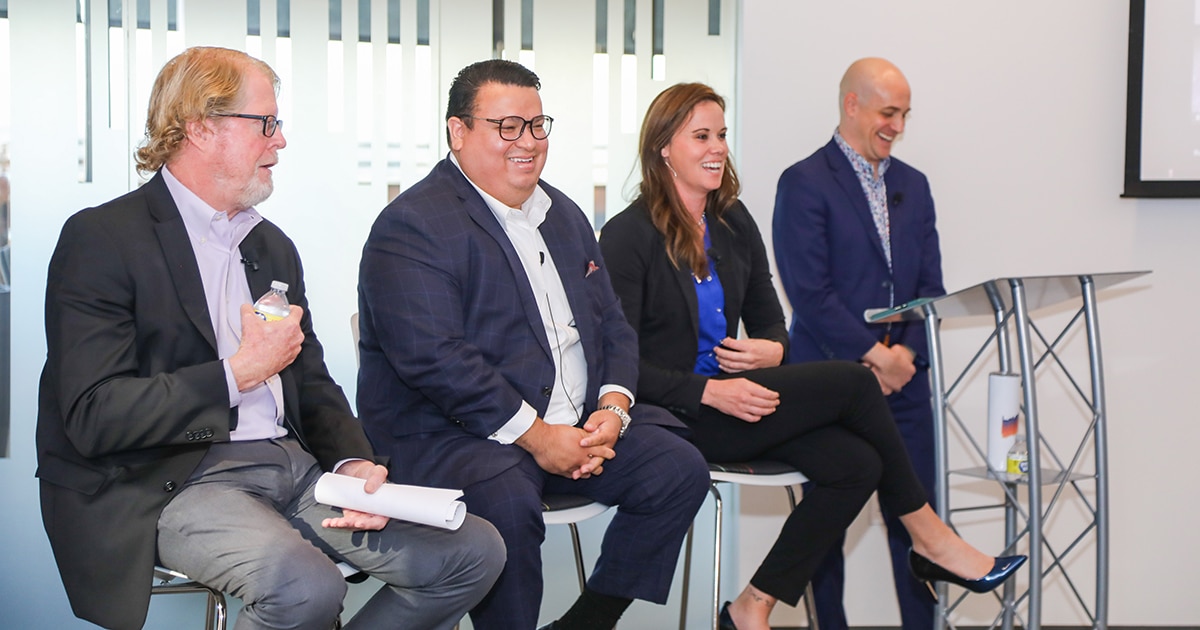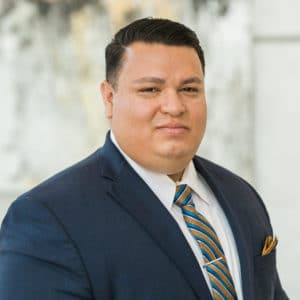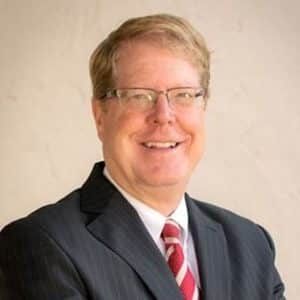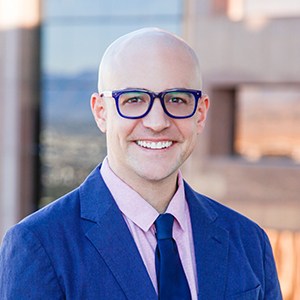

Ambassador Event: Post-Election Panel
Published: 11/23/2022
Updated: 04/11/2024
Arizona election leaders discuss priorities for upcoming legislative session
In the days following the Arizona midterm elections, a panel of local leaders joined a Greater Phoenix Economic Council Ambassador Event panel to talk about the results, expectations for the coming term and potential upcoming legislation that will benefit the region.
Panelists included:
- Joe Barba, Director of Government Relations, Thrive Services Group
- Kate Conway, Director of Government Relations, Honeywell
- Rob Dalager, Lobbyist, Public Policy Partners
- Moderator: Tim Bourcet, Vice President of Corporate Development & Community Engagement, Greater Phoenix Economic Council
While some races are still pending, there are more than 30 elected officials in the House and Senate who have previously not served in the government. The Democratic party has control of both Senate seats and the Governor’s office for the first time since 1950, but because both the House and State senate remain Republican-controlled, Dalager predicted that there won’t be massive policy shifts during the next session.
“What remains to be seen is whether they’re both going to hunker down in their bunkers and not work with each other, or whether there’s going to be some horse trading or some desire to actually come together on some issues and do something good for the state,” Dalager said.
“There are going to be some pockets of opportunity where maybe they can have a meeting of the minds.”
Note: The panel took place on Nov. 16, so some races and ballot propositions were unconfirmed.
Potential upcoming policies
With a new governor and new legislators, there will be opportunities to advance a variety of proposals.
Among the major pieces for the upcoming term is Prop 400e, an extension to a half-cent sales tax for public transportation and roads that helped build up the infrastructure of Greater Phoenix and created the business corridors drive today’s modern economy. The tax is scheduled to expire in 2025, and unless the current body convenes a special session before this term ends, the incoming leaders will be set to take the mantle.
“We’re set with this looming deadline of when that sales tax will end. I won’t go through the projects or the damage that will cause or the restraints it will put on economic development in Arizona, but it’s voluminous,” Dalager said.
Addressing water concerns will be important for the next session as well. Outgoing Arizona Gov. Doug Ducey created a $1 billion fund for water projects, and the new legislature will need to define the best investments for this money.
From Conway’s business perspective, she would like to see analysis of international travel policies in order to alleviate supply chain woes and help companies that operate internationally.
“International travel never really did get back up to the levels we expected it to post-COVID … and then you couple that with supply chain challenges that we have. You couple that with the geopolitical unrest for global companies that are operating here … and looking at how those external factors are going to impact business,” she said.
Affordable housing is also at the forefront of the minds of both the business community and workforce development. If people cannot afford to live in a region, employment will suffer and companies will seek alternative locations for operations. Sound housing policy can help onshore jobs, promote innovation and drive research and development.
Read more: Arizona’s Water Position
More: Affordable Housing Greater Phoenix
Addressing the workforce
Arizona voters addressed the need for workforce development with the passage of Proposition 308, a bill that allows undocumented immigrants to be eligible for in-state tuition and financial aid at state universities and colleges. There are almost 37,000 DACA-eligible residents in Arizona, according to New American Economy.
“It can only benefit us. The more individuals that we have educated and ready to go into those industry jobs is a good thing,” Barba said. “Affording them the opportunity to go attend our colleges and our universities, these are individuals who have gone to school here, pledged allegiance to our flag and deserve the opportunity to pursue their education — and for the benefit of our state.”
Barba also spoke about recidivism rates and homeless in the region. Policy that addresses these groups of people would be good not only at the individual level for residents, but also at a larger economic scale.
“How do we offer them the opportunity to transition back into housing and provide that sustainability that they need to get back on their feet?” he said.
The region’s industry demographics have shifted over the last decade. More of the workforce is in healthcare and biomedical fields. Semiconductor, advanced manufacturing, and aerospace and defense sectors remain high-impact industries in-market. Education and re-skilling will be instrumental in driving the regional and state economy forward.
“For workforce, you’re going to see such a demand. Anything we can do to alleviate these pressure points. The demand is there, industry is growing,” Conway said. “Anything that is going to promote a healthier, more vibrant, more qualified workforce, I think the business community can really get behind.”
How economic development contributes to smart legislation
Economic development is more than attracting businesses to a region. A diverse set of industries leads to a resilient economy, offers a rich and affordable lifestyle, and encourages innovation to prevent stagnation. Arizona’s successes throughout the decades have been built in coordination between the business community and political leaders.
“[Economic development is really about] sustaining what we’ve had, building on what we’ve grown and really not taking our foot off the gas. Incorporating the business community as part of the solutions,” Conway said. “Inflation, a recession looming, homelessness, affordability — all of these things shouldn’t be done in a policy vacuum without the business community figuring out how we can contribute to part of the solution.”
Meet the Panel
Joe Barba
Director of Government Relations
Thrive Service Group
Kate Conway
Director of Government Relations
Honeywell
Rob Dalager
Lobbyist
Public Policy Partners
Tim Bourcet
Vice President, Corporate Development & Community Engagement
GPEC (Moderator)



